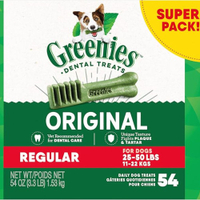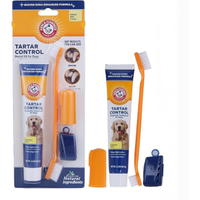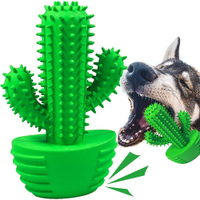How much does dog teeth cleaning cost and it is worth it?
Dog teeth cleaning is important but is it something you need to have done professionally?
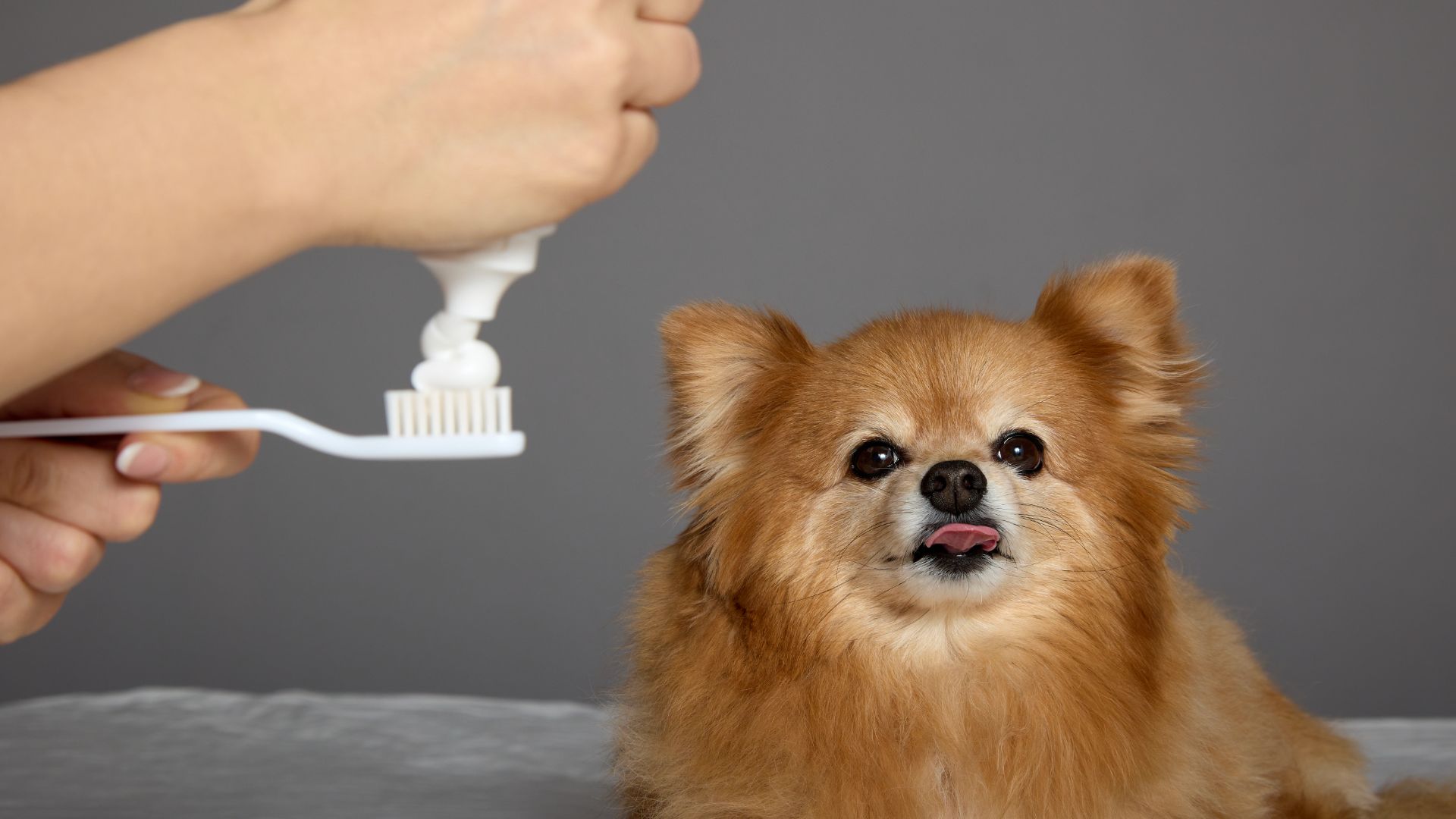
There are many reasons why you would want to know how much dog teeth cleaning costs. Perhaps your dog has bad breath and you want to give those teeth a good scrub to remove bacteria and food deposits. Or maybe you are worried about a dog’s teeth in general – dental hygiene is important, after all.
In this guide, we ask a vet how to keep dog teeth clean in more detail while looking at when and why it is worth paying for professional cleaning. Plus, we investigate how much dog teeth cleaning could cost.
Is it worth getting your dog’s teeth cleaned?
According to vet Dr Rebecca MacMillan, professional dog teeth cleaning leaves you safe in the knowledge the job has been done thoroughly.
“A professional clean is performed under a general anaesthetic, which allows the vet to examine all the teeth and mouth fully, and they may take some dental X-rays too,” explains Dr MacMillan. “When a dog is conscious it can be nearly impossible to see every single surface of each tooth, so areas get missed. Your vet will be able to clean all the various sides and angles of your dog’s teeth, as well as perform any dental extractions at the same time, if these are required.”
Professional dog teeth cleaning comes with psychological benefits, too.
“Because your dog will be asleep through the whole process, they won’t feel stressed or anxious,” continues Dr MacMillan.“Some dogs with gum inflammation can also find ultrasonic scaling quite painful, so performing it under anaesthetic is far kinder as it saves them from this discomfort. Your vet will be able to scale accurately below the gumline as well, which is just not possible in an animal that is awake.
“After their veterinary dental treatment, your dog should have clean teeth and fresher breath plus your vet will have also been able to identify and resolve any more serious problems at the same time.”
One thing’s for sure, dental work tends not to be covered by even the best pet insurance. Ensuring your dog’s teeth are well-maintained at home from a very young age will means they’re far less likely to need anything beyond routine veterinary dental care.
Greenies Original Regular Natural Dental Care Dog Treats
These tasty treats have a chewy texture and come in a variety of flavors. They help clean your dog’s teeth, maintain healthy gums and freshen their breath.
How often should my dog get their teeth cleaned?
The American Veterinary Medical Association recommends that “your pet’s teeth and gums should be checked at least once a year by your vet for early signs of problems and to keep your pet’s mouth healthy.”
Generally, a yearly professional dog teeth cleaning is recommended but if you’re able to keep your dog's teeth clean at home, they may not need to have it done that frequently. While you should still ensure your dog’s mouth is examined by a vet at least once a year, it’s always worth speaking to your vet if you’re not entirely sure about the frequency of professional cleaning.
What is ultrasonic dog teeth cleaning?
Vets use an ultrasonic scaler and hand tools when cleaning your dog's teeth under anesthetic. It works by creating millions of ultrasonic waves in conjunction with specially formulated dog toothpaste.
“Some lay people like dog groomers also offer ultrasonic cleaning, however, they usually perform this with a smaller handheld unit and it is not carried out under anesthetic,” says Dr Rebecca MacMillan, who explains that there are several disadvantages to this.
“First and foremost, the dog is conscious and – unless they have been introduced to the ultrasonic scaler gradually with positive association training – is likely to feel anxious. Even if the dog tolerates the process, they are probably not comfortable, and it is very unlikely that a thorough cleaning will take place. It is not possible to reach all aspects of the teeth in a conscious dog and only a vet can perform scaling below the gumline.”
She continues: “While having your pet’s teeth cleaned in this way may make them appear cosmetically better, many issues are left unnoticed or untreated. I have seen shocking before and after photos where groomers have removed the tartar, but you can see terrible gum inflammation and recession, which need urgent veterinary attention.”
While some owners might be tempted by the lower cost, Dr MacMillan urges caution.
“Ultrasonic scaling by a layperson is obviously cheaper than veterinary dental care because it doesn’t involve an anesthetic and they are limited in what they can do for your pet’s teeth compared to a vet.”
What is the average cost to have a dog’s teeth cleaned?
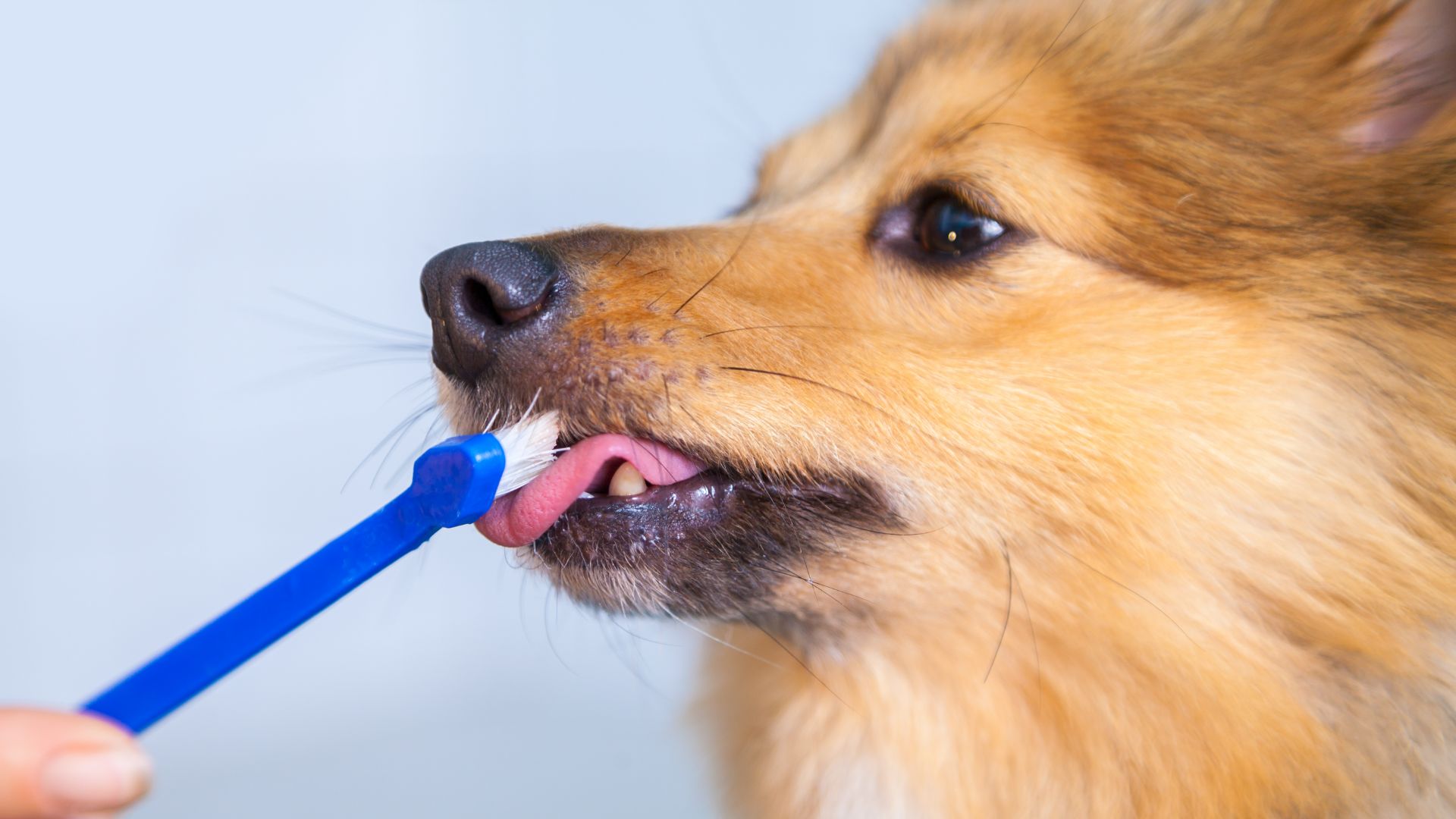
Much depends on the extent of the work but, in the US, dog teeth cleaning is reported to cost upward of $100. When you start adding in extra services, the average price can rise to between $300 and $700. However, specialized cleaning beyond what is routine can increase the cost further still.
In the UK, a relatively simple clean and polish for a young, healthy dog is likely to cost you around £150. If you need more extensive work, or additional treatments, this is likely to rise to £250 or more.
“Costs will vary between different vet practices, but also between different-sized dogs,” advises Dr Rebecca MacMillan. “Many practices also have a sliding scale for their treatment, ranging from a scale/polish and exam to major surgical extractions. Older patients may also require a pre-anesthetic blood test or intravenous fluids to support them through their treatment.
“You should therefore contact your practice for an estimate of these costs. They may wish to examine your dog first to give you a better idea of what to expect.”
Here’s some further information about the cost of cleaning dog teeth.
How can I get plaque off my dog’s teeth at home?
If you can, get your dog used to brushing once a day (or at least a few times a week) from a young age. Buy one of the best toothbrushes for dogs and invest in the best dog toothpaste – human toothpaste must not be used due to the fluoride and xylitol content. Check out our guide on how to brush a dog's teeth if you’re not sure.
For dogs who don’t like their teeth being cleaned, try some alternatives. The best dental chews for dogs help prevent bad breath, tartar and plaque. Look for sugar free chews and reduce a dog’s overall food intake if you’re regularly giving them dental treats.
The best dog chew toys can also encourage good mouth health because they have lots of different surfaces which help to get into the nooks and crannies. And diet is crucial too. The best dry dog food helps because it needs to be chewed much more than even the best wet food, making it better for teeth health. You can also buy supplements to add to your dog’s food or water that are designed to reduce or remove plaque.
Some pups never quite tolerate having their teeth brushed, no matter how gentle the introduction or how persistent the owner is! If this sounds like your dog, you might want to look into how to clean a dog's teeth without brushing.
Arm & Hammer for Pets Tartar Control Kit for Dogs
This kit comes complete with all the essentials you’ll need to make sure your dog’s teeth have the best home care. It comes with a double-headed brush, finger brush and plaque-fighting enzymatic toothpaste.
Apply dog toothpaste to this chew toy and get your dog to chew it off. The bristles will help clean their teeth and your dog will love the challenge.
Signs your dog has dental or gum disease
There are a number of symptoms of dental or gum diseases in dogs and it’s helpful to get your dog used to you examining their mouth and teeth as soon as you can.
Look out for:
- Bad breath
- Obvious pain or trouble eating
- Visible plaque and tartar
- Inflamed or bleeding gums
- Broken, wobbly or missing teeth
- Dogs avoiding hard food
- Swellings on the side of the face
- Weight loss
Speak to your vet if you suspect any dental or gum disease. Dental disease treatment includes antibiotics to treat infections, anti-inflammatory pain relief, special toothpaste and mouthwash for your dog, and dental surgery.
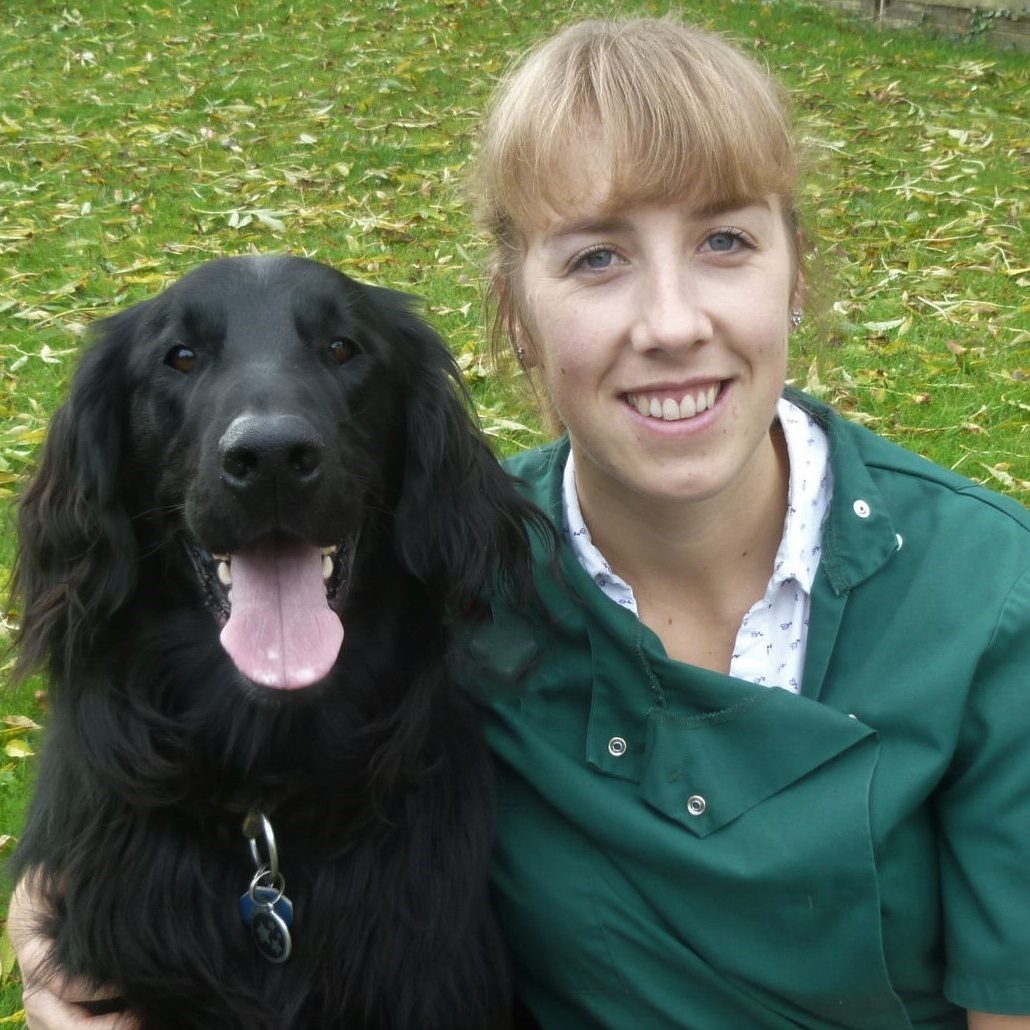
Dr MacMillan is a companion animal vet who has always had a passion for writing and client communication. She works in the South West and loves complex medical cases.

Bethany is an experienced writer who has been writing across the pets and equestrian sector for eight years.
PetsRadar Newsletter
Get the best advice, tips and top tech for your beloved Pets

Bethany is an experienced news and features writer with an equestrian specialism, and has been writing for internationally recognised titles, such as Horse & Hound magazine where she is currently features assistant, since 2017.
Prior to her career in journalism, she studied BA English at the University of Nottingham, where she graduated with a first class degree.
As well as cultivating a vast and far-reaching understanding of equine training and management, her first-hand pet care experience also ranges from dogs and rabbits to chickens and sheep.
She’s also volunteered at greyhound rescue centres by walking their four-legged residents.
When she isn’t writing, she's kept busy by her two horses and cocker spaniel, Matilda, who’s a dab hand at dog agility and loves performing her favourite party trick – weaving between her human’s legs as she walks.
